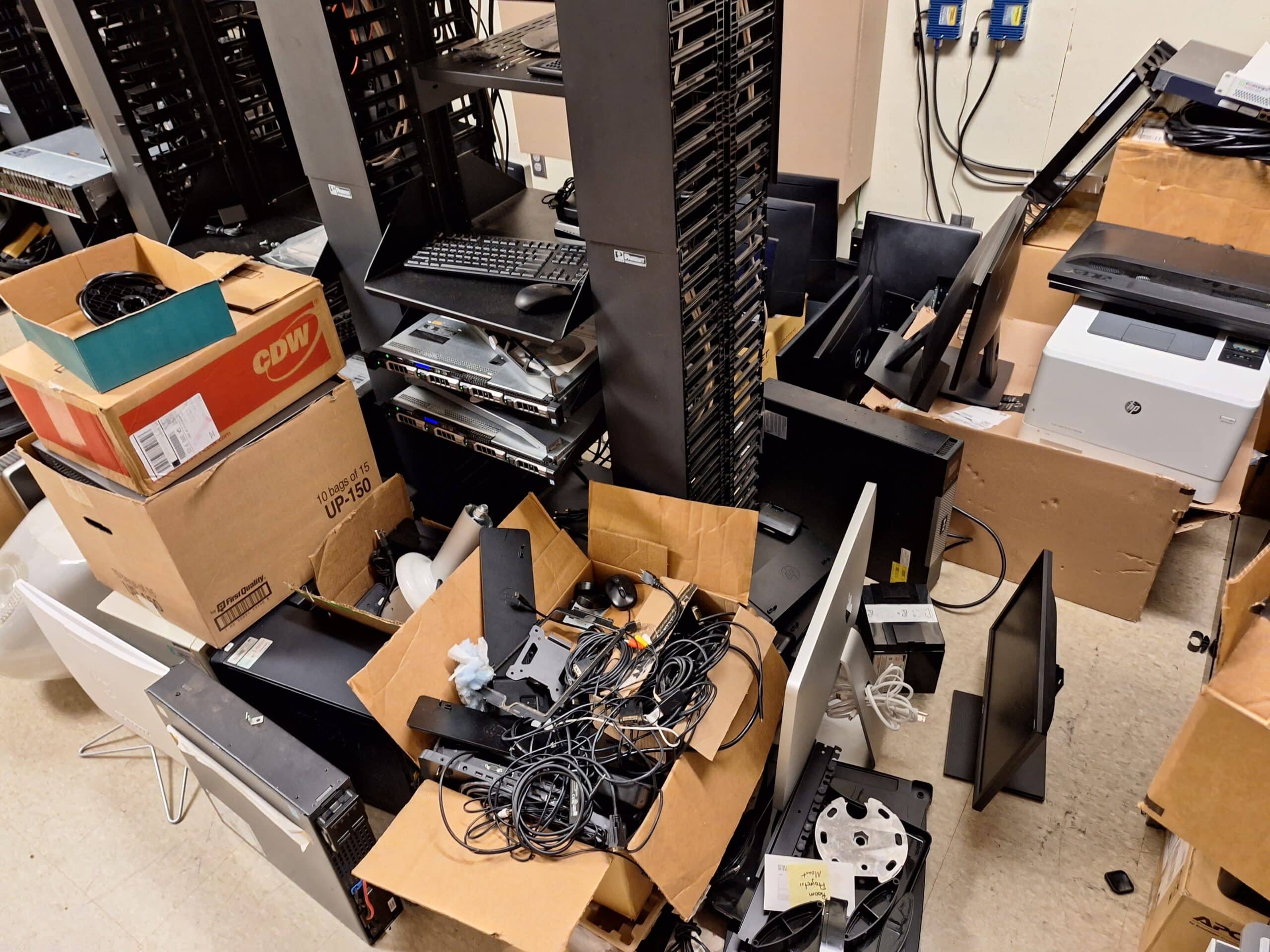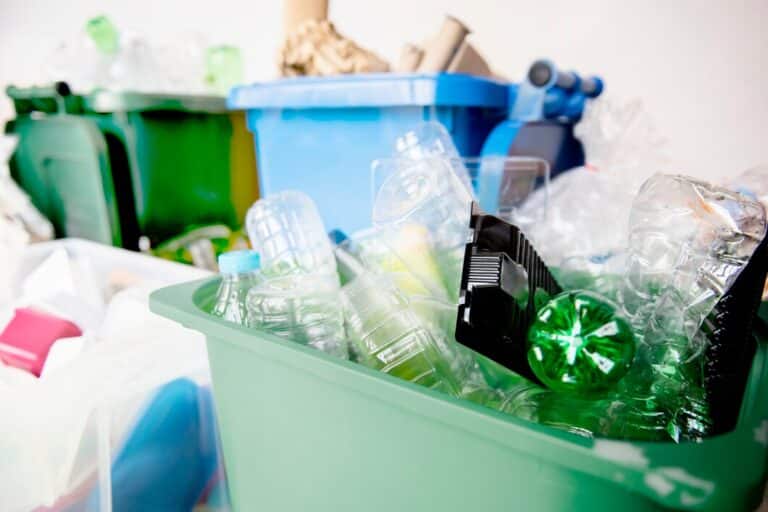Medical waste is a significant environmental problem that affects the health of individuals and communities. According to the World Health Organization, about 85% of the total waste created by healthcare activities is non-hazardous. The remaining 15% is considered hazardous material that may be infectious, toxic, or radioactive.
Inappropriate disposal of medical waste can lead to serious consequences, such as the spread of infectious diseases, contamination of water sources, and harm to both humans and animals. Therefore, healthcare facilities must implement strategies to reduce medical waste and its environmental impact.

1. Implementing Waste Segregation Practices
Implementing proper waste segregation practices is one of the most effective ways to reduce medical waste. Healthcare facilities should provide labeled bins for different types of waste, such as general waste, sharps, infectious materials, and chemicals. .
Staff should be trained on proper waste segregation practices and the importance of disposing of waste in the correct containers. By doing so, healthcare facilities can ensure that hazardous materials are not mixed with non-hazardous waste, making it easier to recycle and dispose of waste more efficiently.
2. Reducing Single-Use Items and Encouraging Reusable Products
Much of medical waste comes from single-use items, such as disposable gloves, gowns, and syringes. Healthcare facilities can significantly decrease the amount of waste they generate by reducing the reliance on single-use products and encouraging the use of reusable alternatives.
For example, using reusable surgical instruments instead of disposable ones can considerably reduce waste and save money in the long run. Similarly, replacing disposable gowns with reusable ones can help minimize waste and lower costs.
3. Medical Equipment Recycling
Medical equipment recycling is another essential aspect of reducing medical waste. Many types of medical equipment, such as imaging devices, surgical instruments, and hospital beds, can be refurbished and reused, thus reducing the need for new equipment and keeping valuable materials out of landfills.
Healthcare facilities should work with reputable medical equipment recycling companies to ensure their equipment is properly refurbished and meets all safety and regulatory requirements before being returned to service.
In addition to recycling medical equipment, healthcare facilities can participate in recycling programs for other materials, such as batteries, electronics, and metals. By recycling these materials, healthcare facilities can help save natural resources, reduce greenhouse gas emissions, and reduce the amount of waste thrown into landfills.
4. Educating Staff and Patients
Raising awareness about the essential nature of waste reduction and proper disposal is critical in reducing medical waste. Healthcare facilities should provide staff and patients with information on proper waste disposal practices and the environmental impact of medical waste.
This can be done through staff training, informational posters, and patient educational materials. By increasing awareness of the issue, healthcare facilities can promote a culture of waste reduction and environmental responsibility among staff and patients.
5. Regularly Monitoring and Assessing Waste Management Practices
To ensure the effectiveness of waste reduction initiatives, healthcare facilities should regularly monitor and assess their waste management practices. This can involve conducting waste audits to determine the types and amounts of waste generated, identifying areas for improvement, and tracking progress toward waste reduction goals.
Healthcare facilities can regularly evaluate waste management practices to identify areas to reduce waste and improve their environmental performance.

Conclusion
Reducing medical waste is essential for the environment and the health and well-being of individuals and communities. By implementing proper waste segregation practices, reducing single-use items, recycling medical equipment, educating staff and patients, and regularly monitoring waste management practices, healthcare facilities can significantly decrease the amount of waste they generate and contribute to a healthier, more sustainable environment.
Looking for a reliable medical equipment recycling partner? Contact Beyond Surplus today and learn how we can help your healthcare facility reduce waste and improve sustainability. Let’s work together towards a healthier future.


